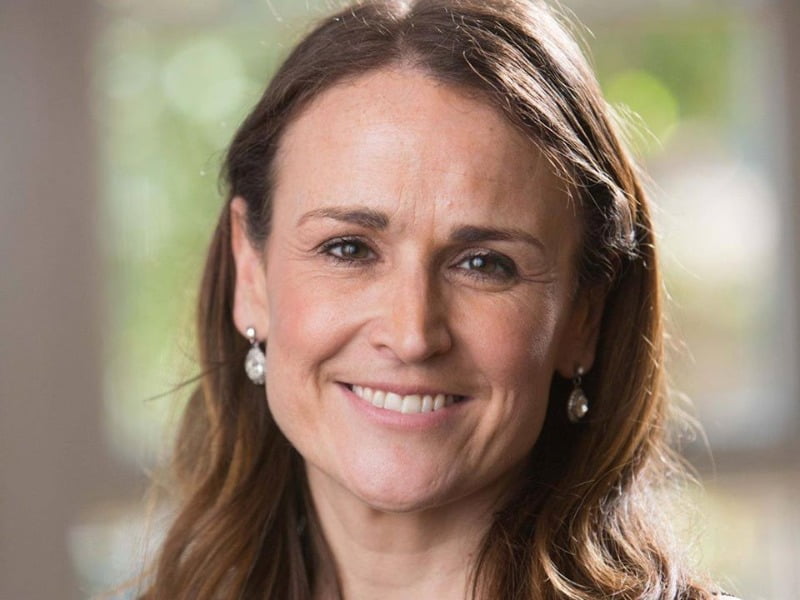The government will be “tying the hands” of universities and businesses by forcing them to use standardised IP agreements, the peak body for scientists has warned in response to a planned mandatory scheme.
Standardised IP contracts were recommended as part of a government review of university research commercialisation. The current proposal is to make the standardised agreements mandatory, with little room for changes in IP deals below a $100,000 threshold.

There is a widespread acceptance of the value of standardised agreements to speed up negotiations. Some Australian university groups already use their own versions and they have existed overseas for many years.
But university groups say making them mandatory could be too restrictive and become a handbrake on IP deals. The threshold has also been criticised as a barrier to smaller businesses wanting to work with universities.
Science and Technology Australia (STA), representing 92 professional societies and nearly 90,000 scientists and technologists, on Wednesday released its response to the government proposal, known as the Higher Education Research Commercialisation (HERC) IP Framework.
The government plans to launched the new framework next year and eventually have it cover almost all publicly funded research commercialisation.
The peak body welcomed standardised agreements as a “useful guide” for university and industry collaborations, but warned they must not be made mandatory.
“STA’s engagements with both industry and researchers in our network suggests there will often be circumstances when both partners may wish to vary terms and conditions by mutual agreement,” the STA submission said.
“Some flexibility is not only needed – but also wisest.”
The group said a better approach would be to use the standardised agreements as templates or guides, similar to the standard employment contracts produced by the Fair Work Commission but often altered by employers and employees to suit their circumstances.
“Negotiating IP agreements can be complex and time consuming – so having standard templates as a guide to start that process is helpful,” STA chief executive officer Misha Schubert said
“But that shouldn’t tie the hands of the parties and strip them of the freedom to negotiate variations that suit them – a one-size-fits-all template won’t be right for every commercial situation. Just as with employment contracts, there will often be cases where both parties want to start with a standard contract but vary some of the terms.
“Governments shouldn’t be tying the hands of the parties by making a standard agreement mandatory – sensible flexibility should be kept.”
The STA submission also calls for several other improvements to be made to the HERC IP framework, including more detail on what is covered.
The science group also recommended the inclusion of a simple language explanation of the framework and agreement clauses, a “robust” IP Assignment Deed for PhD students, and the addition of indicative average royalty figures to help industry and universities more arrive at fair deals more quickly.
Do you know more? Contact James Riley via Email.

